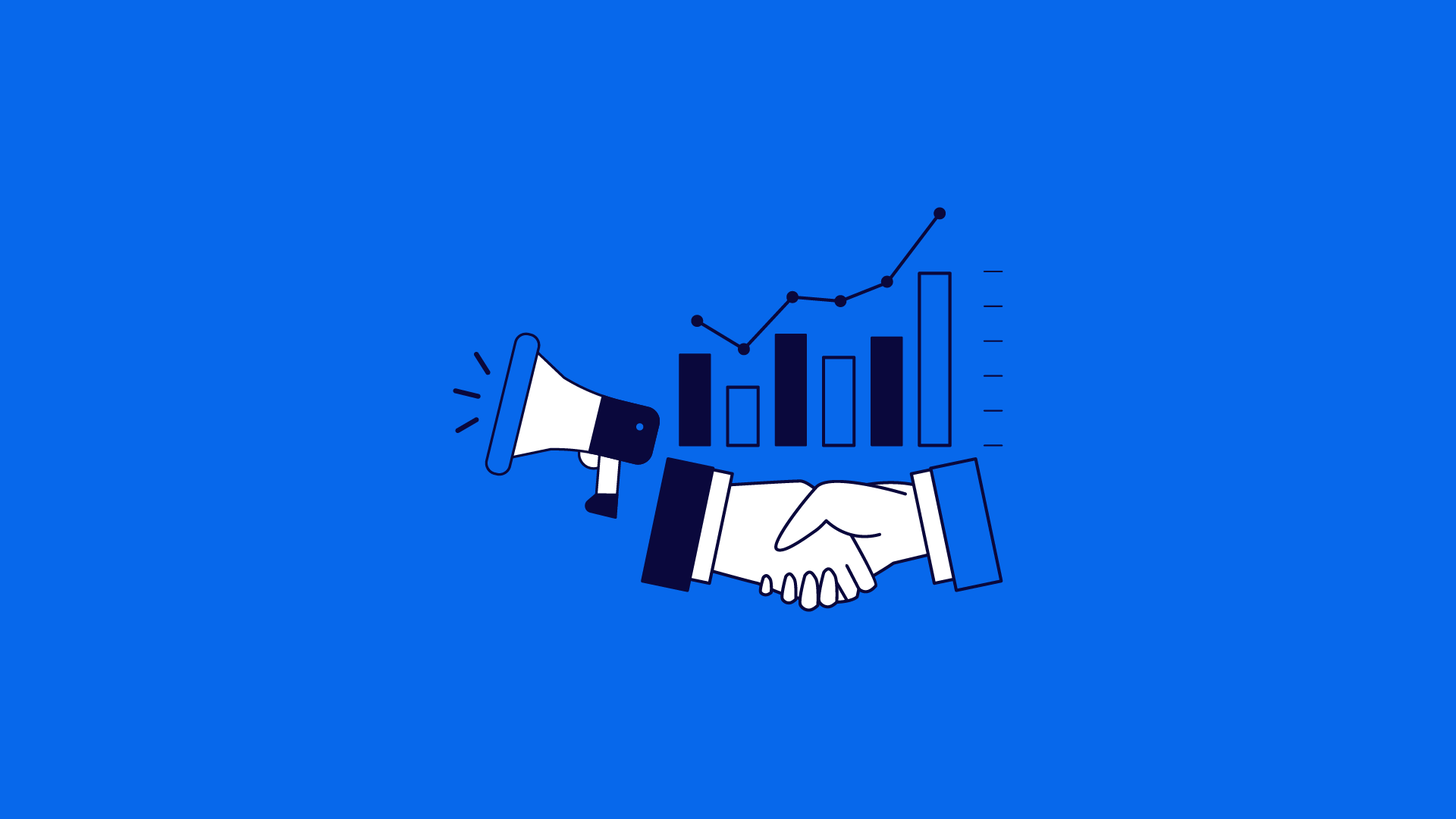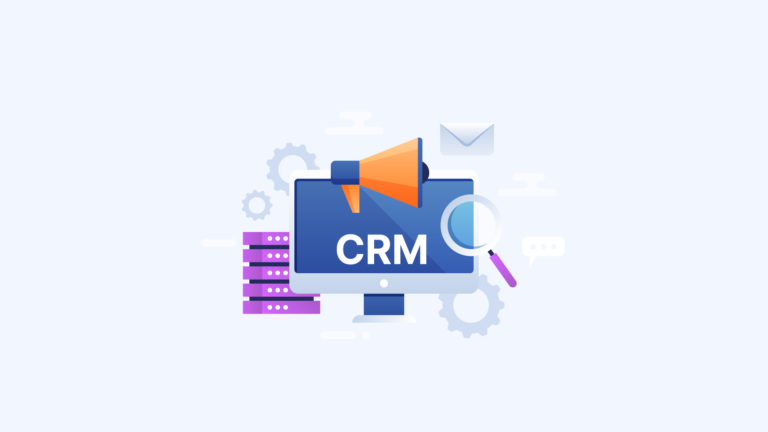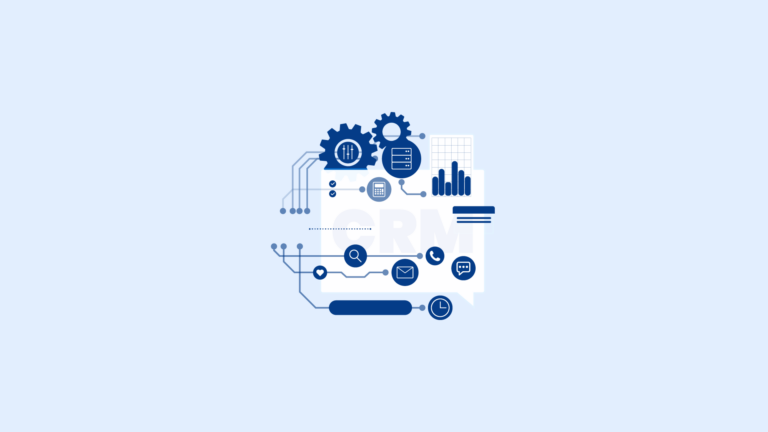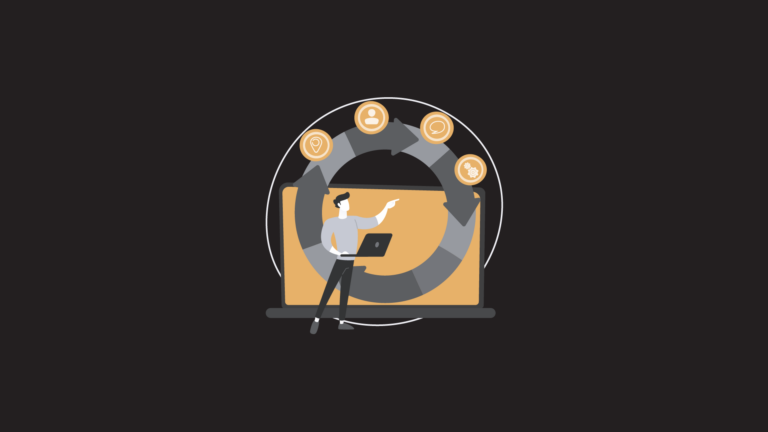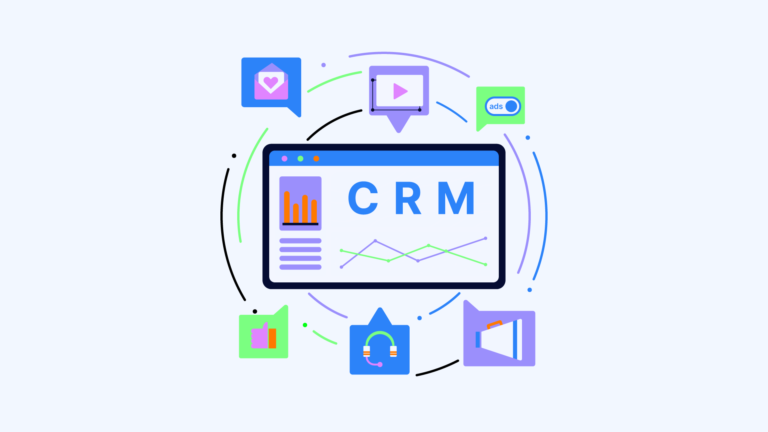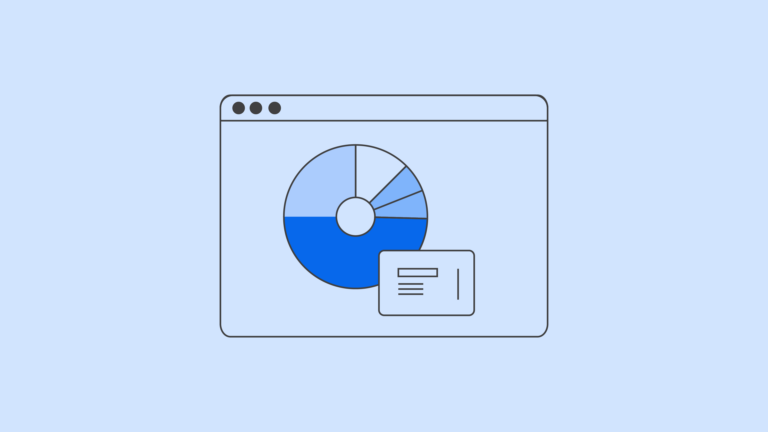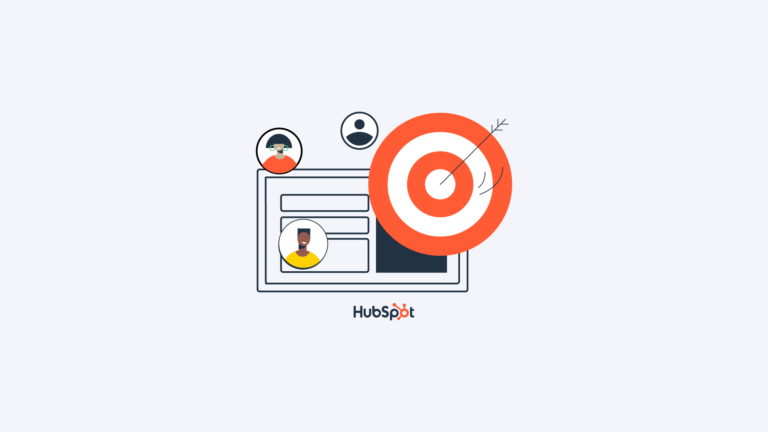|
Getting your Trinity Audio player ready...
|
Customer relationship management (CRM), also known as contact management, is a software system used to manage interactions between companies and their customers. This includes tracking leads, managing contacts, creating campaigns, and analyzing performance.
The goal of CRM is to make sure that every interaction a company has with a customer is productive and beneficial to both parties. A good CRM system allows you to see what’s happening with each individual contact, allowing you to react quickly and effectively.
A CRM system stores information about your customers and prospects, including their names, phone numbers, emails, addresses, and even notes about how they prefer to communicate with you. You can use it to send personalized messages based on previous conversations and to analyze your overall performance.
In addition to helping you understand your customers better, CRM systems can save you money. By reducing the number of calls you make to potential customers, you can reduce the amount of time spent on cold calling.
And because you know exactly where your best opportunities lie, you can focus your efforts on those areas.
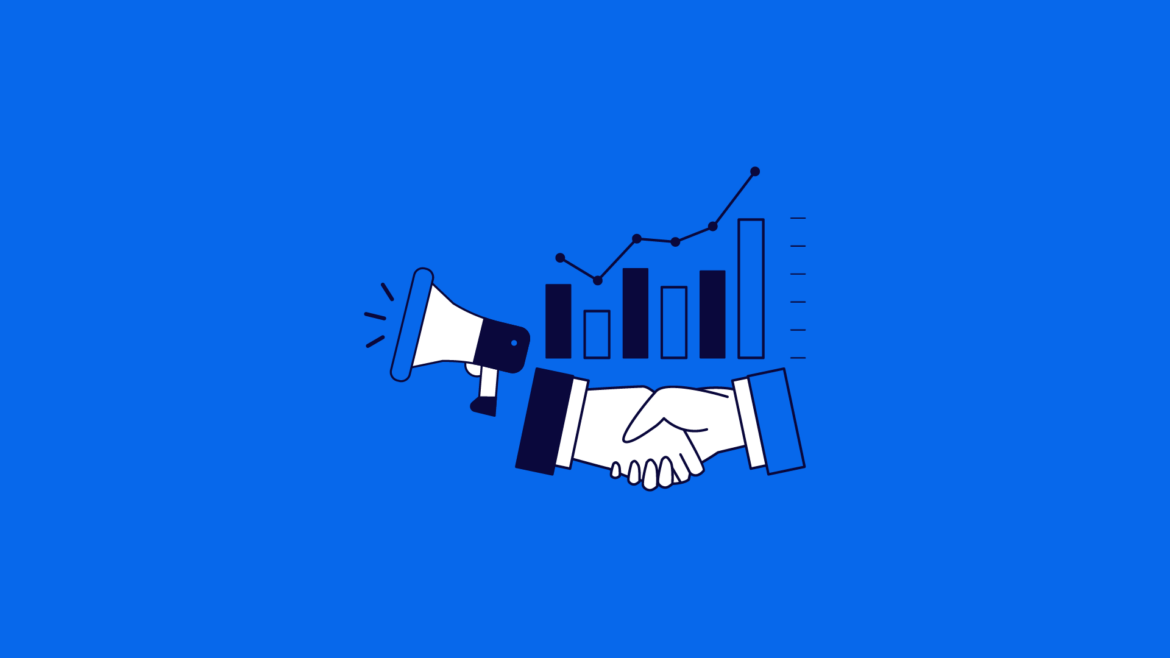
Why is a CRM important and you Should Use it?
A CRM is a critical component of any business. It provides a way to keep track of every interaction you have with a customer. This includes phone calls, emails, social media posts, and even physical visits.
With a CRM, you can see how well each contact performed and make adjustments accordingly. You can use it to analyze data about your customers and find out exactly what they want.
The primary goal of customer relationship management is to help a business improve its relationships with customers by providing better products and services, creating a positive experience, and maintaining a strong brand image.
CRMs help businesses understand customer behavior and preferences. They allow businesses to track interactions between themselves and their customers. For example, a CRM could tell you whether someone visited your store online or called your office.
And since most people prefer to interact with brands via email, a CRM can provide information about the best times to send messages.
A CRM strategy doesn’t just apply to businesses that have struggled with keeping customers in the past; it’s also for successful businesses to use to build upon their current methods to increase their profits. Customer relationship management helps to retain existing customers, attract new ones, and keep those customers happy.
Finally, a CRM system allows businesses to develop products or services based on what their customers actually want. If you know what your customers want, you can design better products and services.
8 ways a CRM helps businesses
You can even use a CRM to build better relationships with existing customers. If you know what type of products or services your customers prefer, you can tailor future offers accordingly.
Here are some of the ways a CRM can benefit your business.
- You can build customer relationships and customer loyalty
- Excellent data storage
- Its cost effective
- It helps streamline your sales process
- It helps with organization
- It helps with internal communication
- Helps create better targeted marketing campaigns
- It helps increase profits
1. You can Build customer relationships and customer loyalty
If a business doesn’t see it as challenging to gain new customers but finds it hard to retain existing ones and increase their satisfaction levels, then there may be a problem. A CRM will help you identify your strengths and weaknesses when it comes to building relationships with customers.
It will show you which parts of your service or product are working and which aren’t. It will also give you insight into why certain customers choose to do business with you over others.
As a result of this information, you can Improve customer retention rates and loyalty. Retention rates refer to the percentage of customers who return to purchase from you again. The higher this number, the more likely it is that you’ll get repeat business.
This is usually a good indicator that your business is doing right by its customers and building strong relationships with them.
However, if you don’t know what makes your customers tick, then you won’t be able to figure out how to keep them coming back. A CRM will let you know what works and what doesn’t. With a CRM you can identify loyal customers and even create customer loyalty programs to reward them for their loyalty.
CRM analyzes past customer interactions to determine which parts of the current business practices are effective and which aren’t. One of the reasons a customer relationship management strategy is a must is you will keep in constant contact with your customers means better communication with them.
2. Excellent data storage
The world of customer support is changing. Customer satisfaction is no longer measured by how quickly you respond to emails and phone calls. Instead, companies are looking for ways to improve the quality of their interactions with customers.
One way to do this is to store information about every interaction between employees and clients. This allows companies to know what happened during each call, email, chat session, etc., and make changes where necessary.
This is enabled by CRM systems by data storage in one place. Your support team will have a clear view of customer integrations and even know customers better including their buying patterns.
With data stored in one place, the whole organization has access to it. No one can lose track of where the customer is especially when selling. For this reason, confusion is minimized and customer success is prevalent in companies with the best CRM strategy.
If one of your salespeople closes a lead, everyone on the team will have access to that data since it’s tracked. That way the client won’t be contacted twice to try and close. Data storage also contributes to improving your customer acquisition cost since you will know where your priorities should lie.
This data doesn’t only work for sales teams, it also plays a great role for marketing teams. They can identify who they can remarket to or retarget in their digital marketing efforts.
3. It’s cost-effective
CRM software gives businesses an insight into how many people bought what, which allows them to make smarter decisions about future marketing campaigns.
CRM systems help businesses reduce waste by identifying which products and services are selling poorly, allowing them to cut costs and focus on those areas where they can generate revenue.
CRM software allows businesses to see exactly how much it costs per sale. This helps companies to make decisions based on facts rather than guesswork. In addition, CRM systems are able to provide accurate information about every aspect of a business, including the number of people who visited a particular site, the amount spent, and the type of device used to access the site.
This data is useful for many reasons. First, it gives a business insight into what works and doesn’t work. Second, it enables a business to determine whether or not they’re spending too much on advertising. Third, it provides a clear picture of where a business stands financially. Finally, it allows a business to identify ways to increase revenue.
A CRM system can help identify exactly who needs what, saving businesses time and money. For example, a restaurant might use a CRM system to find out whether diners prefer chicken wings or burgers.
If they know that diners love chicken wings, they can invest in extra supplies and stock up on chicken wing sauces. Alternatively, if they know that diners like burgers, they can buy more beef patties and sell more hamburgers.
4. It helps streamline the sales process
Customer relationship management (CRM) systems are designed to help you manage customer interactions. They allow you to track leads, nurture prospects, automate repetitive tasks, and provide real-time insights into how customers interact with your brand.
Sales Processes should be easy for everyone involved in the sale. This includes salespeople, managers, executives, and anyone else who interacts with potential buyers. If it takes too long to close deals, it could mean lost revenue. But if you don’t have a clear sales process, it might take forever to find out what went wrong.
A good CRM system will make your sales pipeline easier to understand and implement. You’ll know exactly where each step fits within the overall process. And you’ll always know what stage of the sales cycle you’re in. Streamlining your sales process includes incorporating your CRM with your entire business process, solving customer issues, and aiming for happy customers at all times.
You can easily identify sales leads and sales opportunities as they present themselves. The job of your sales rep is reduced to focusing more on closing sales rather than remembering to keep their excel sheets up to date.
5. It helps with organization
A CRM system keeps track of and stores information about every interaction you make with customers. This allows teams to work together more efficiently and effectively.
Sales processes can be streamlined because it makes sure everything is recorded correctly. And customers are impressed at how well-organized the sales process is.
CRM systems are often used in businesses to help manage internal processes. They’re able to record every interaction a customer makes with a brand, allowing companies to see where things go wrong and what needs improvement. This information can be shared across departments, helping teams work together better.
A CRM system can also help to streamline the entire sales process, making sure that everything runs smoothly throughout the whole process. Salespeople can use the software to set up appointments, send out emails, follow up on leads, and even close deals. All of this happens automatically, without having to manually enter each step into another program.
The benefits of a CRM system extend beyond just the sales team. Customer support agents can use the software to prioritize tickets, and managers can use it to plan. Scheduling meetings become easier since everyone knows exactly what’s coming next.
And because the CRM system keeps track of all interactions, employees can easily find out what happened during previous conversations.
6. It helps with internal communication
A customer relationship management (CRM) system makes sure that everyone knows what needs to happen next, whether it’s scheduling a meeting, sending out a survey, or updating a document.
A CRM system allows you to keep track of everything so there aren’t too many mistakes. And because it stores all the data in one spot, it makes it much easier for different departments to share information.
CRM systems help businesses operate better internally. They’re used to manage contacts, leads, customers, products, campaigns, and much more. A CRM system allows you to store data in one location, making it easier to access and use. This makes it easier to communicate across teams and departments.
A CRM system also gives everyone involved in a transaction a single view of what’s happening. If a salesperson wants to know how many people viewed his latest blog post, he doesn’t have to ask around; he can simply look up the number in his CRM system.
7. Creates better-targeted marketing campaigns
Marketing campaigns are becoming increasingly complex. They require a lot of resources, especially human ones. And it takes a lot of time to develop a campaign strategy, plan, execute, measure, and optimize it.
This is why many companies are looking for ways to automate some parts of their marketing process. One way to do that is to use Customer Relationship Management (CRM). In this video, we explain what a CRM System is, how you can use it and what benefits you can get from it.
Marketing automation tools like Salesforce Marketing Cloud enable marketers to automate repetitive tasks and streamline workflows. These systems allow you to track customer behavior across multiple channels and use historical information to predict what actions your prospects will take next. This allows you to send relevant messages to your customers at the exact moment they are ready to buy.
You can also segment your contacts into different groups based on their interests, location, demographics, and more. Once you know where your best customers fall within your funnel, it becomes easier to focus your efforts on those most likely to convert.
With the help of a CRM system, marketing campaigns can be more targeted at customers depending on how far along they are in the sales process. For example, you could target your campaigns based on the type of lead they represent — whether it’s a potential customer, a current customer, or a brand advocate.
In addition, you can target your campaigns based on how much influence they have over your business. Are they new customers or existing customers? Do they already have a relationship with your brand? What do they want? How does your product or service fit into their life?
Once you understand your ideal customer, you can start building relationships with them by sending tailored emails, text messages, and phone calls. In turn, you can use this information to improve your sales team’s ability to close deals.
8. It can help to increase profits
With the rise of cloud computing technology, there are now several different types of CRM solutions available. These include software programs that run on desktop computers, mobile devices, tablets, and even servers.
Some of these applications allow you to store information about your contacts, such as names, addresses, phone numbers, email addresses, and social media profiles. Others offer additional features, like call recording capabilities, scheduling tools, and online forms.
In addition to being easy to use, CRMs can also help boost your bottom line. For example, some CRMs enable you to easily access contact information from multiple sources, including databases, spreadsheets, and even paper files. This allows you to quickly identify potential prospects and convert them into paying customers.
Another benefit of Customer relationship management is that it provides detailed information about your customers. You can see how often they interact with your brand, what products they purchase, and where they live. In turn, this helps you make smarter decisions about future marketing campaigns and product development.
Finally, CRM can help you streamline your internal processes. For instance, you can set up automated reminders to follow up with customers, send out emails, and update records. As a result, you can save time and money, since you don’t have to spend hours manually updating each record yourself.
Grow Better With a CRM
Customer relationship management (CRM) systems are essential tools for businesses today. They help companies manage customer relationships across multiple channels and provide insights into how best to engage with each customer. This helps businesses better understand what makes their customers tick and allows them to develop strategies to keep those customers coming back.
A good CRM will help your business grow, and it will help you understand what works and what doesn’t work. In addition, implementing a CRM system will allow you to focus on growing your business rather than spending hours trying to figure out why your sales team isn’t converting leads into paying clients.
A CRM helps you grow by providing an integrated view of every interaction with your customers. This includes everything from email campaigns to social media posts to phone calls. You can use it to track leads, nurture existing ones, and identify opportunities.
A CRM will help you keep up with what’s happening in your industry and how your competitors are doing. It will give you insights into what works best for your audience and what doesn’t. And it will make sure you don’t miss out on anything important.
CRMs are powerful tools that can help you grow better. They’re easy to set up and customize, and they’ll save you tons of time. But they aren’t just about saving time; they’re about growing better. All these benefits are possible with the best CRM software for your business.
